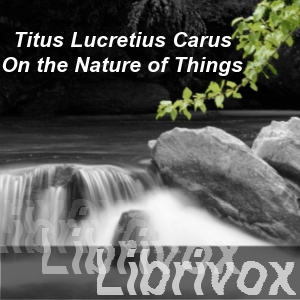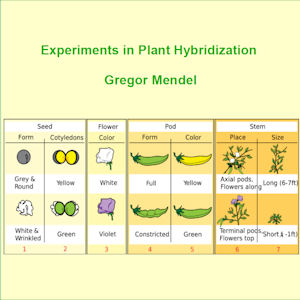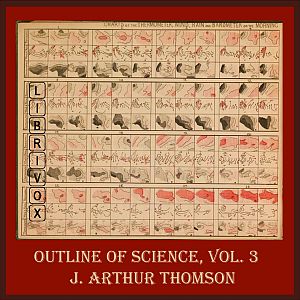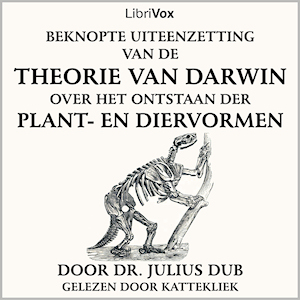- Advertisement and Apology
- To the Author of the Poem On the Loves of the Plants
- Canto I, lines 1-188
- Canto I, lines 189-278
- Canto I, lines 279-412
- Canto I, lines 413-600
- Canto II, lines 1-124
- Canto II, lines 125-276
- Canto II, lines 277-498
- Canto II, lines 499-610
- Canto III, lines 1-128
- Canto III, lines 129-320
- Canto III, lines 321-528
- Canto III, lines 529-590
- Canto IV, lines 1-164
- Canto IV, lines 165-358
- Canto IV, lines 359-484
- Canto IV, lines 485-640
- Note I.—Meteors.
- Note II.—Primary Colours.
- Note III.—Coloured Clouds.
- Note IV.—Comets.
- Note V.—Sun's Rays.
- Note VI.—Central Fires.
- Note VII.—Elementary Heat.
- Note VIII.—Memnon's Lyre.
- Note IX.—Luminous Insects.
- Note X.—Phosphorus.
- Note XI.—Steam-Engine.
- Note XII.—Frost.
- Note XIII.—Electricity.
- Note XIV.—Buds and Bulbs.
- Note XV.—Solar Volcanos.
- Note XVI.—Calcareous Earth.
- Note XVII.—Morasses.
- Note XVIII.—Iron.
- Note XIX.—Flint.
- Note XX.—Clay.
- Note XXI.—Enamels.
- Note XXII.—Portland Vase.
- Note XXIII.—Coal.
- Note XXIV.—Granite.
- Note XXV.—Evaporation.
- Note XXVI.—Springs.
- Note XXVII.—Shell Fish.
- Note XXVIII.—Sturgeon.
- Note XXIX.—Oil on Water.
- Note XXX.—Ship-Worm.
- Note XXXI.—Maelstrom.
- Note XXXII.—Glaciers.
- Note XXXIII.—Winds.
- Note XXXIII.—Winds. (continued)
- Note XXXIV.—Vegetable Perspiration.
- Note XXXV.—Vegetable Placentation.
- Note XXXVI—Vegetable Circulation.
- Note XXXVII—Vegetable Respiration.
- Note XXXVIII.—Vegetable Impregnation.
- Note XXXIX.—Vegetable Glandulation.
Charles Darwin’s grandfather Erasmus was also a famous naturalist in his own day, in addition to being a celebrated poet. This is the first part of his popular science poem in heroic couplets intended to introduce botany to the English public. It serves as a general defense of scientific progress as a practical and artistic endeavor, laying the groundwork for its sequel poem on Linnaeus’ system of sexual selection in plants, Loves of the Plants. - Summary by Matthew Muñoz
There are no reviews for this eBook.
There are no comments for this eBook.
You must log in to post a comment.
Log in











